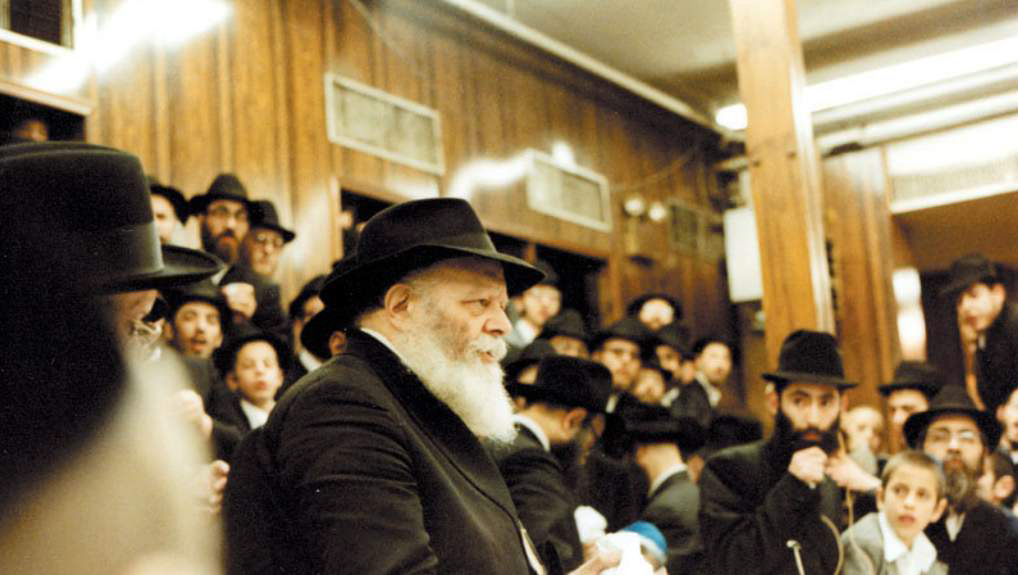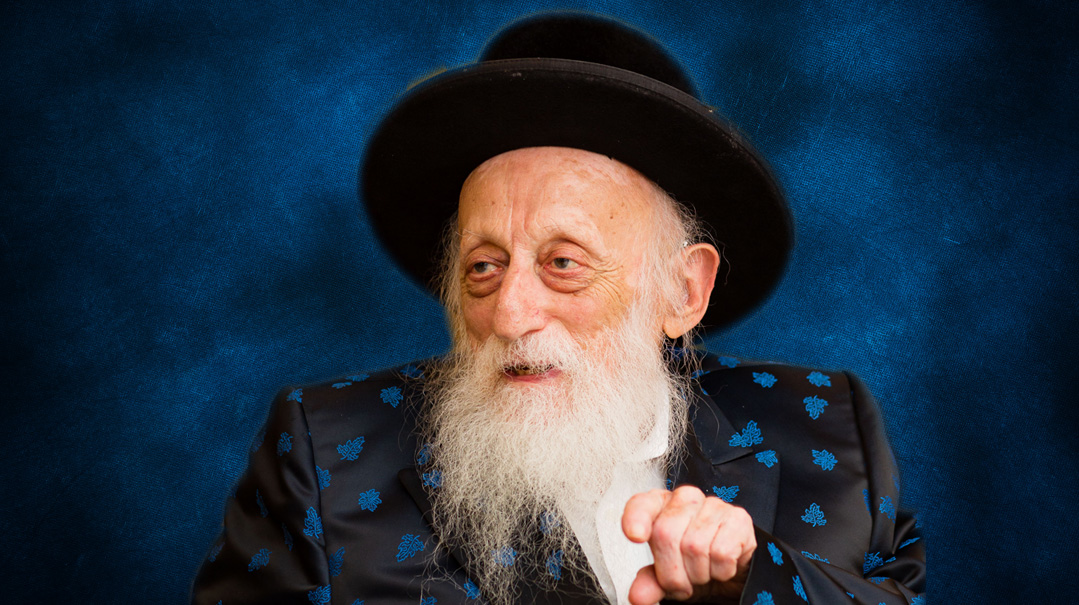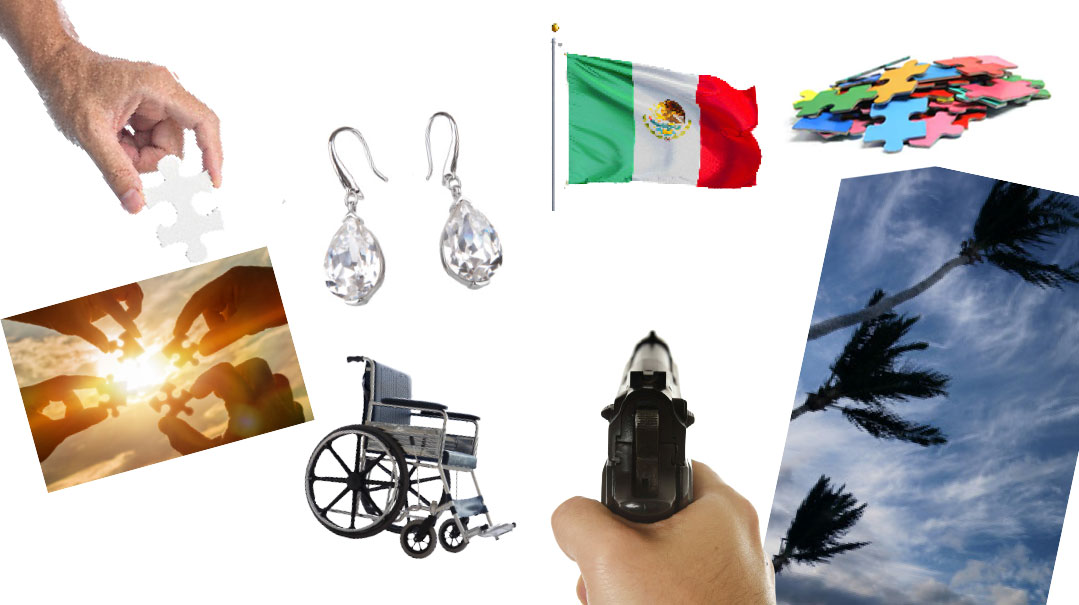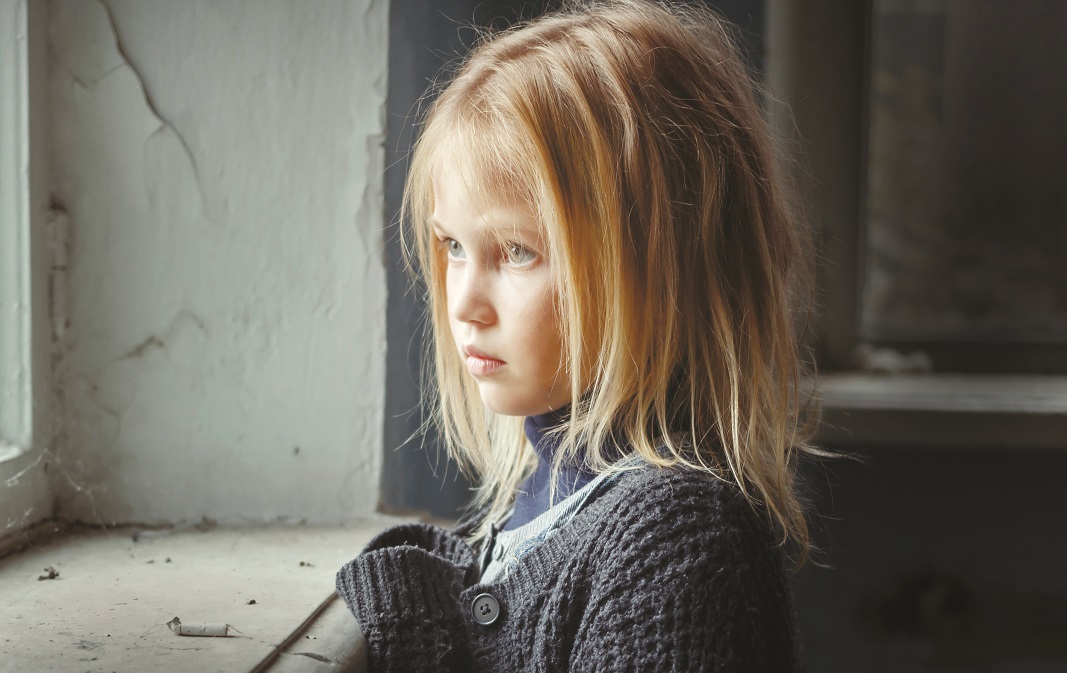My Snapshot Moment

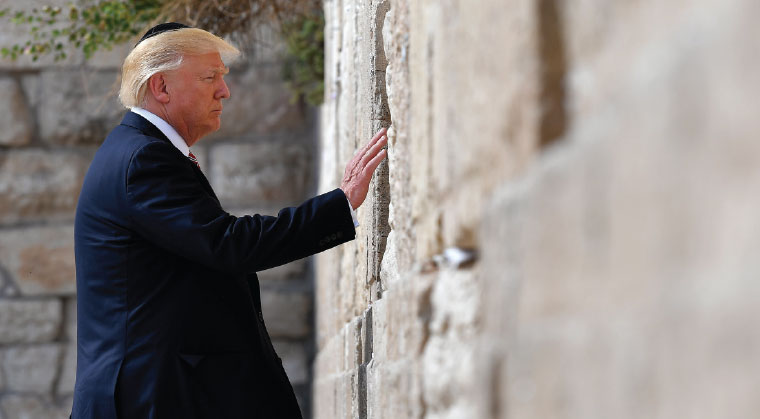
(Photos: AFP ImageBank)
A
Stand at the Wall
Rabbi Pinchas Goldschmidt
Sometimes it’s a symbolic act that speaks louder than words — especially when the act is done in Jerusalem.
Our first two children were born in Jerusalem. In their US passports their place of birth is recorded as Jerusalem. Just Jerusalem. The city is disconnected from the Jewish State. For years the US hasn’t recognized Jewish sovereignty in Jerusalem.
Therefore when the newly-elected president of the United States came to pray at the Kosel with his family — the first sitting president to do so — it was an important moment for me. The symbolism of the act showed the world that the president recognized the attachment of the Jewish people to Jerusalem — to all of it — and especially to the Kosel and to the place where the Beis Hamikdash once stood. To some extent this act might have made a stronger statement than moving the US embassy to Jerusalem because it was a religious statement as well as a political one.
The context was also of greatest importance. The president was making a tour of the capitals of the three Abrahamic religions: Riyadh Jerusalem and Rome. In Riyadh and in Rome the most important moments were the meetings with the Saudi King and the Pope. In Jerusalem the “meeting” was with Hashem during a prayer at the Kosel.
Response and Reputations
Tevi Troy
History always judges politicians by their response to disasters.
It happened towards the end of the year but 5777 may be remembered for the devastation wreaked on Houston by Hurricane Harvey. The storm hit the city’s Jewish community hard.
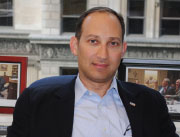
As we daven to Hashem for a recovery to the city and all those harmed or displaced by the floods I can’t help thinking back to my own experience working in the Bush White House during 2005’s Hurricane Katrina. I recall President Bush telling the senior staff during the crisis “There is no weekend.” The words “no weekend” had a different more challenging meaning to me as a frum Jew than to the rest of my colleagues. I consulted with my rav about how to handle both Shabbos and this dictate.
The answer: I went home for Shabbos. The rav said pikuach nefesh didn’t apply to my work because I wasn’t a first responder. But I was back in the saddle immediately after Shabbos ended. Seeing Katrina and other crises firsthand inspired me to write a book Shall We Wake the President? Two Centuries of Disaster Management from the Oval Office which looks at how presidents have handled crises throughout American history.
I spent much of 5777 on a book tour promoting the book — it was basically a subsidized tour of America’s kosher restaurants — and spreading my message about the importance of disaster response to both the country and to presidential reputations. I was pleasantly surprised to see that President Trump appears to have taken this aspect of the job seriously: he appointed top people with experience in the field to serve as his advisers in this area including some skilled people who worked with me in the Bush White House on the Katrina response. As we embrace the new year and think of what lies ahead I wish all of them hatzlachah as they engage in the important work of rebuilding the city of Houston but also in protecting this great nation from future disasters as well. (Excerpted from Mishpacha Issue 678)
Oops! We could not locate your form.







